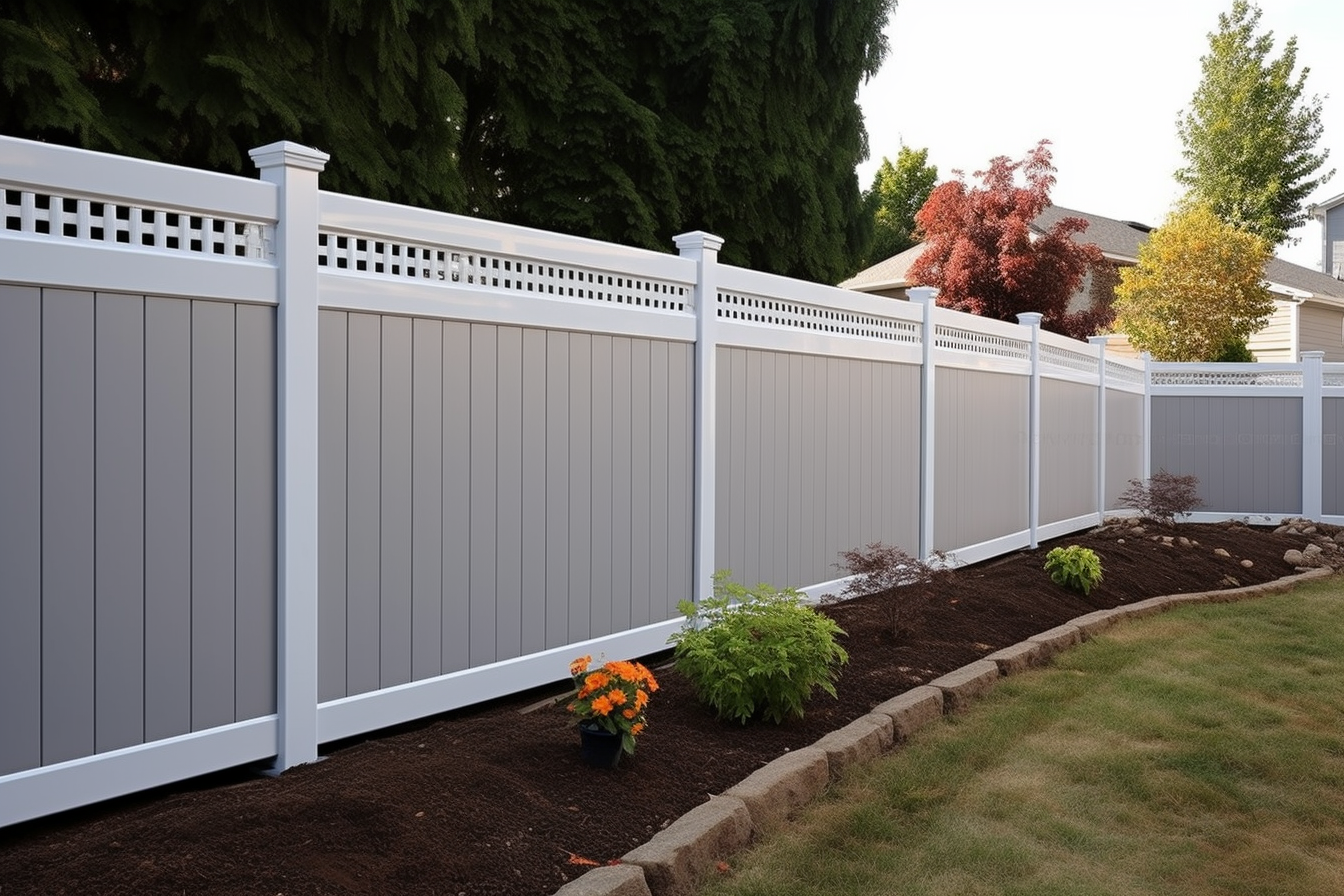Choosing Fence Companies for Home and Garden Projects
A fence can define property lines, improve garden aesthetics, add privacy, and play an important role in home improvement and construction planning. Choosing the right fence company involves more than price: evaluate materials, local services, permits, and long-term maintenance. This article explains common services fence companies provide, how fencing interacts with garden and yard design, construction considerations, privacy options, and practical steps to hire skilled contractors in your area.

What to expect from fence companies
Reputable fence companies typically offer a range of services from site assessment and permit assistance to installation and cleanup. During an initial visit, a contractor should evaluate property lines, soil conditions, slope, and access for equipment. Expect a written estimate that outlines materials, labor, timeline, and warranty terms. Many companies also handle repairs, gate installation, and staining or sealing for wood fences. When contacting local services, ask whether the crew is employed directly or subcontracted, what licenses and insurance they carry, and whether they will handle utility marking and permit applications.
How fences fit into garden design
Fences can be both functional and decorative elements in a garden. They define planting beds, provide a backdrop for climbing plants, and create microclimates that protect sensitive species from wind. Consider material and height in relation to your planting plan: low picket fences preserve sightlines while taller solid panels create sheltered borders. Materials such as cedar, metal, or composite affect both look and maintenance: wood often lends warmth to a garden, while metal can accommodate espaliered fruit trees or trellises. Discuss plant growth and drainage with your contractor so fence placement won’t interfere with root systems or irrigation.
Fence work as a home improvement project
Treat fencing as a home improvement investment rather than a cosmetic add-on. A well-installed fence can increase curb appeal, contribute to security, and clarify property boundaries for future buyers. When planning, consider neighborhood covenants, homeowner association rules, and local construction codes that may restrict height, materials, or colors. Integrate gates, latch types, and hardware that match other exterior features for a cohesive look. Ask potential contractors for references and photos of completed projects to assess workmanship and whether their style aligns with your overall home improvement goals.
Materials and construction methods
Common fencing materials include wood, vinyl, aluminum, steel, and composite. Each has trade-offs in cost, durability, maintenance, and appearance. Wood provides a natural look but needs staining or sealing to control decay; vinyl resists rot and requires little upkeep but reacts differently to temperature changes; metal options offer strength and a slimmer profile but can require rust protection. Construction methods vary by soil type and climate: post-and-rail, panelized systems, and poured concrete footings each have situations where they perform best. A qualified fence company will recommend appropriate materials and foundation methods based on site conditions and intended fence lifespan.
Privacy fences and regulatory considerations
Privacy fences are popular for creating secluded outdoor spaces, but they often trigger regulatory review. Setbacks, maximum heights, and visibility at driveway corners are common restrictions enforced by municipalities or homeowner associations. Privacy-oriented designs—such as solid panels, staggered board patterns, or green screen plantings—should balance seclusion with airflow and neighbor relations. Discuss permit requirements with your contractor and request that they verify property lines with a survey if boundaries are unclear. Properly addressing regulations up front avoids costly rework and helps ensure the privacy fence is compliant and durable.
Conclusion
Selecting a fence company involves balancing aesthetics, function, construction quality, and compliance with local rules. Focus conversations on materials suited to your garden and climate, construction methods that match site conditions, and the level of privacy you require. Request clear written estimates, check licenses and references, and confirm who will handle permits and utility marking. A thoughtful approach to hiring and planning helps ensure the finished fence serves both immediate needs and long-term home improvement objectives.




